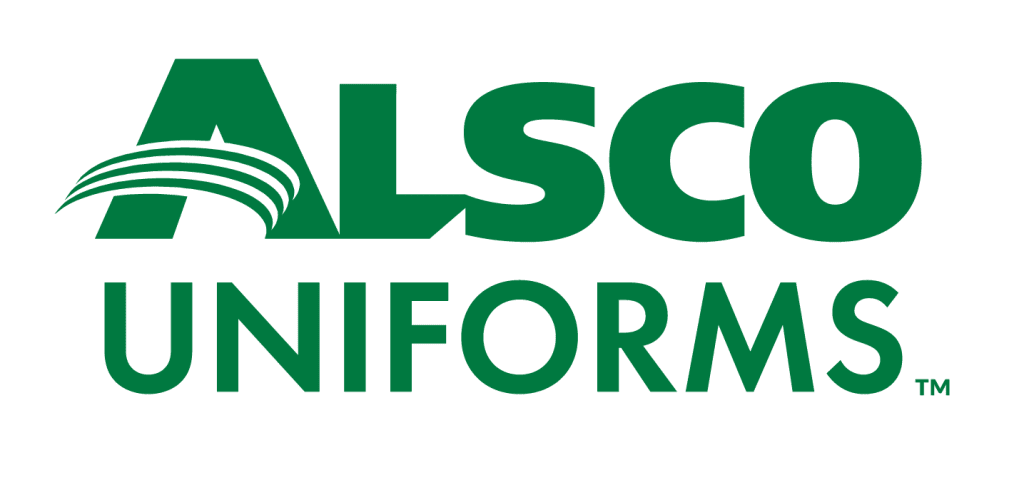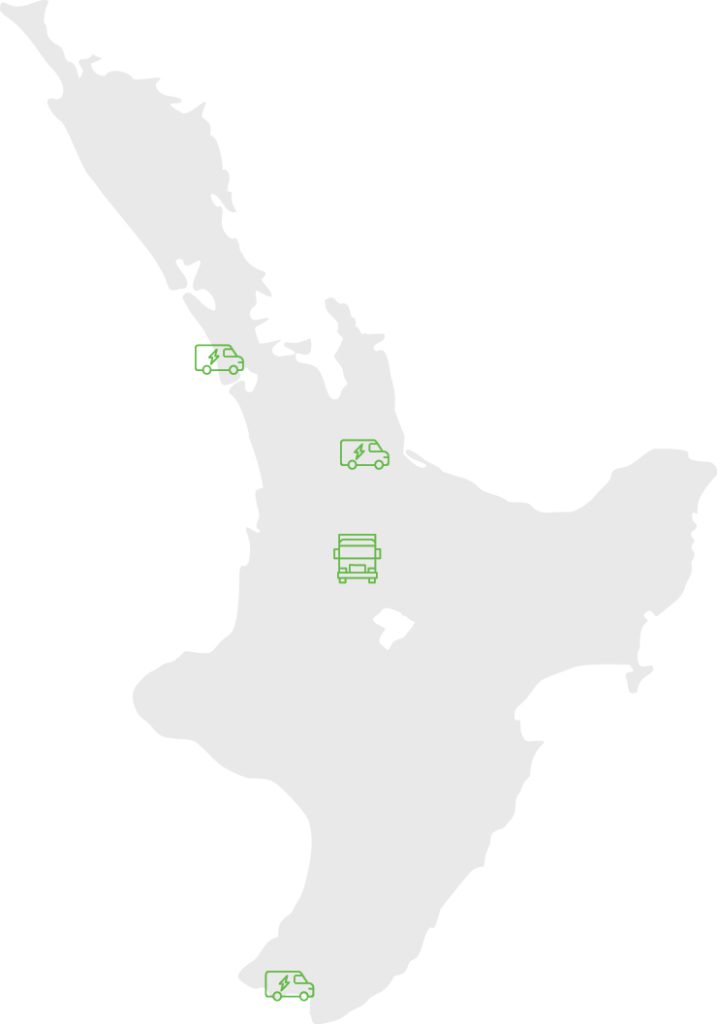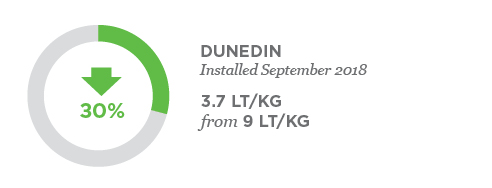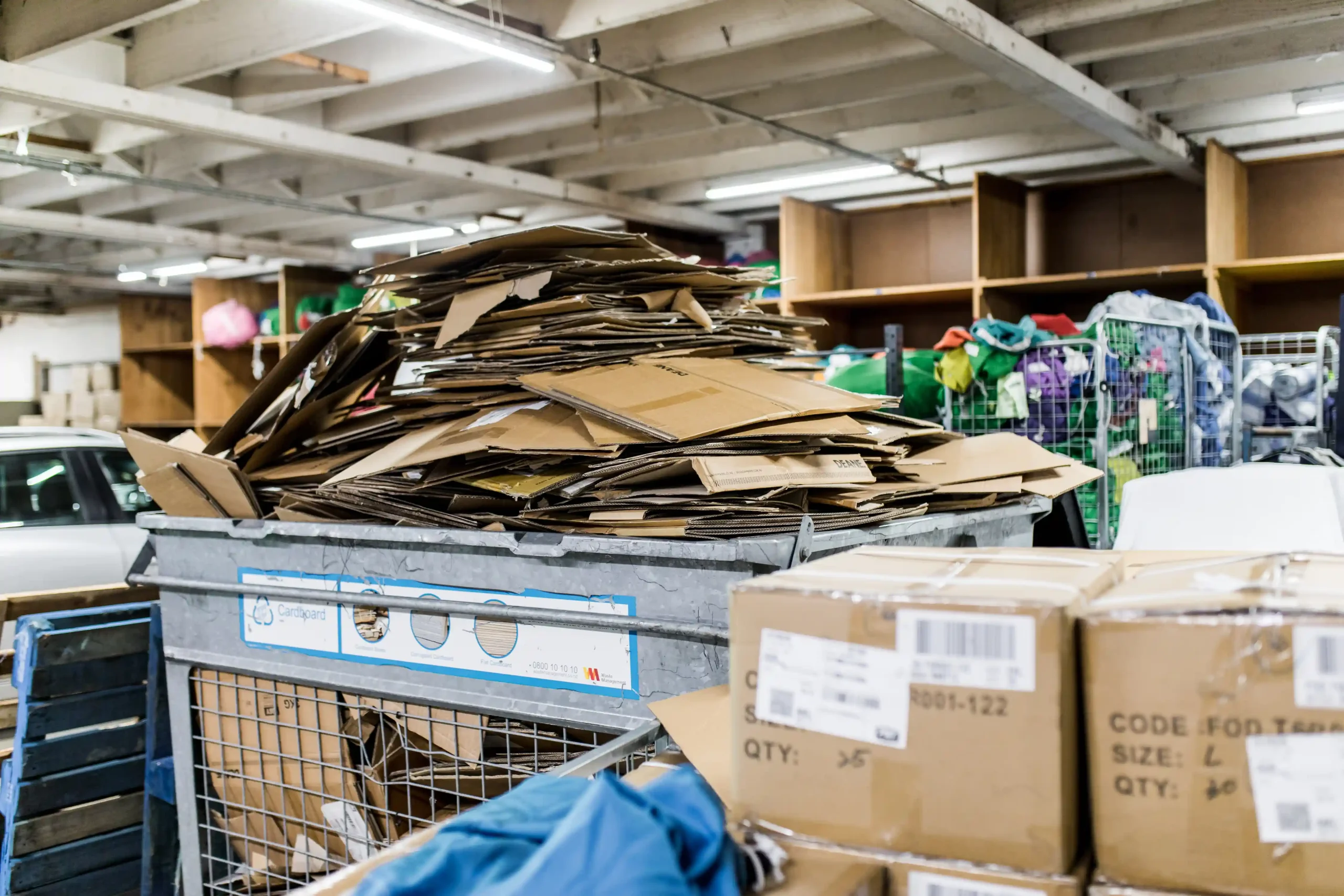Collaboration, not isolation: the key to driving effective change
While carbon reduction, waste elimination, recycling, and circular economy efforts are important, Alsco Uniforms recognises that working alone isn’t enough. We believe that increased collaboration and partnerships are essential to achieve the global changes we need.







